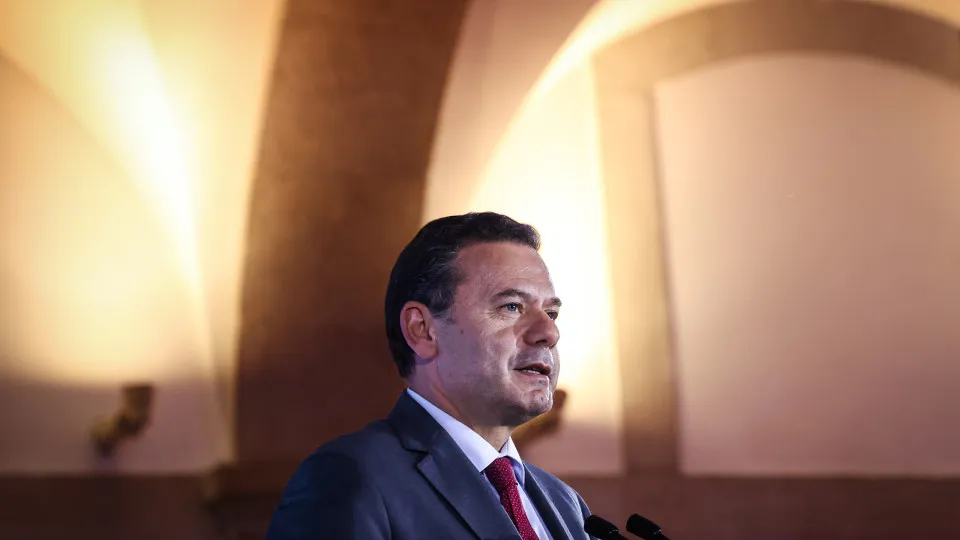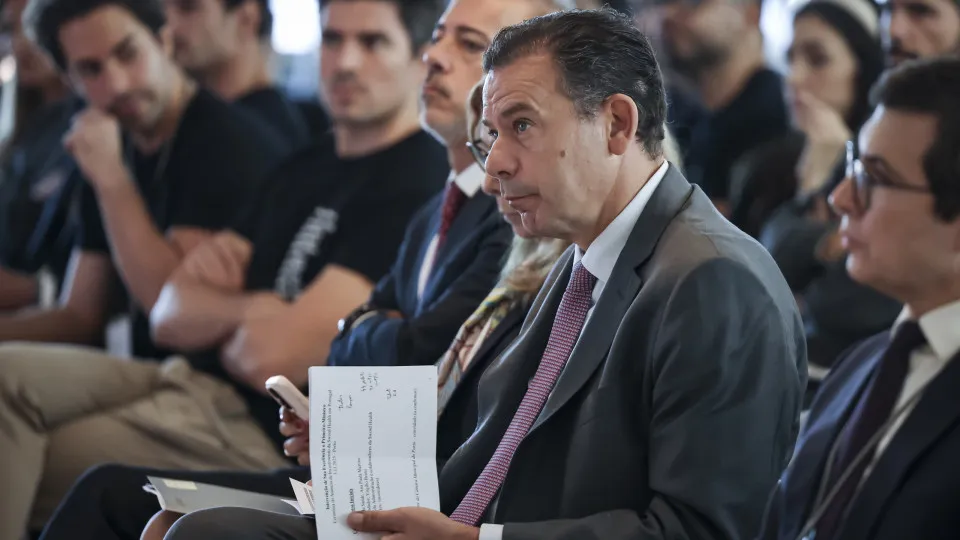
Recent statistics released by the Portal da Queixa indicate a 26% increase in complaints about alleged medical negligence, highlighting a significant public concern regarding healthcare services. This rise in complaints reflects a deep-seated distrust and dissatisfaction among citizens towards healthcare services.
It’s important to understand that the Portal da Queixa is a platform for citizens to voice their grievances, without the ability to conduct investigations or apply a technical medical filter. Its data only represents the complainant’s perception, not an official confirmation of medical error or malpractice. Therefore, these statistics serve as a social alarm rather than definitive evidence of wrongdoing.
To seek precision and truth in clinical facts, one must refer to entities with technical expertise, such as the Ordem dos Médicos (OM). However, evaluations of alleged “medical error” or negligence by corporate entities face a structural issue: an inherent conflict of interest.
The Ordem dos Médicos, tasked with protecting its members, raises questions of impartiality when assessing alleged clinical malpractice involving one of its own. The alleged victims perceive the disciplinary process as biased since it is conducted by peers, raising concerns about the investigation’s impartiality and depth. This dynamic could undermine the pursuit of justice for the alleged victim, who may fear corporate protectionism.
Citizens should address healthcare complaints through appropriate channels, starting with the Livro de Reclamações, either in physical or electronic form, particularly with the Entidade Reguladora da Saúde (ERS), the formal avenues for expressing dissatisfaction and seeking intervention.
When pursuing professional responsibility, caution is crucial. Not every perceived instance of medical negligence should be immediately brought to court, as many cases linger for years, lacking sufficient technical basis and causing significant emotional and financial strain.
The prudent first step is an independent and unbiased medical or medico-legal evaluation. This assessment should prioritize humanization, impartiality, rigor, and technical detachment. Independent entities, free of corporate interests, play a crucial role in providing thorough medical or medico-legal opinions focusing on the citizen (alleged victim). Except in specific cases involving clear clinical duty, merely establishing a causal link between event and damage is insufficient; the adequacy of clinical procedures must be evaluated.
The increase in complaints on the Portal da Queixa is undeniably a warning sign. It should be read as a citizen’s outcry regarding Portugal’s healthcare system.
Protecting citizens—against external parties or themselves—starts with a comprehensive, unbiased, and honest clinical fact verification through an independent medical opinion. The common citizen, forming opinions based on their experience, lacks the technical-scientific (medical) knowledge. Honest, keen, and financially disinterested technical clarification protects citizens, safeguarding them from pursuing unsustainable legal actions.
Independent medical opinions form the cornerstone of an informed administrative and legal strategy. Legal advice is crucial throughout the process, with the lawyer employing independent technical bases to develop an appropriate legal strategy.
This combination (medical/scientific-technical opinion plus legal advice) is essential for all forms of conflict resolution, including extrajudicial processes like mediation or conciliation/agreement. In judicial settings, a medical opinion serves as a crucial technical clarification tool for those without medical knowledge (the judge).
The courts remain the sole body entirely free from corporate ties or interests. Despite procedural delays, resorting to courts, given sufficient indicators or evidence of medical error or malpractice, is the best path to achieving justice when responsibility is proven.
The protection of citizens is the utmost priority. For fair and effective realization, an independent medical opinion must underpin any informed conflict resolution strategy.
* Article written in accordance with the previous orthographic agreement.




